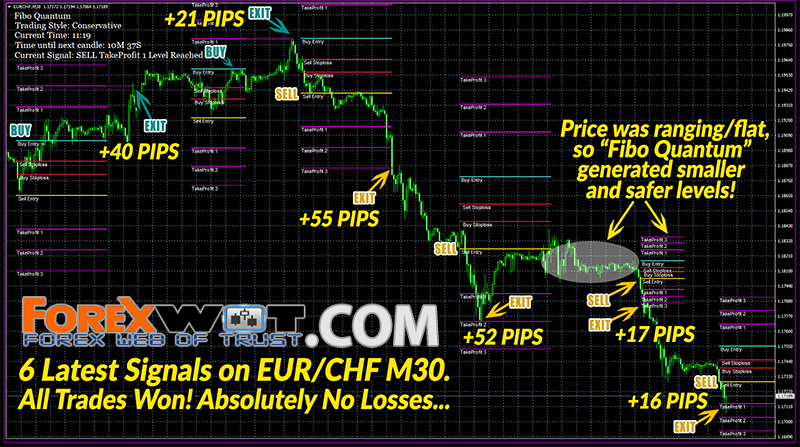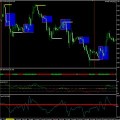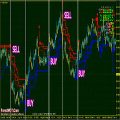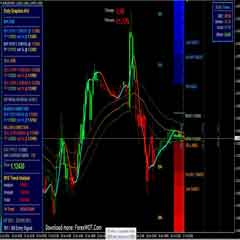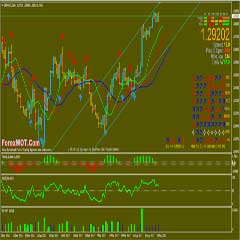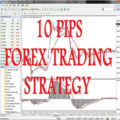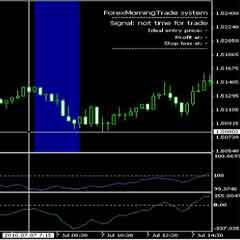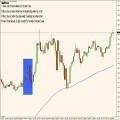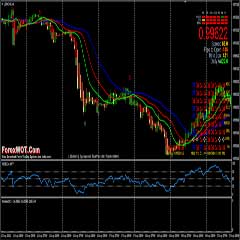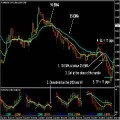If the theories and strategies for day trading work, shouldn’t it also work for “month trading?”… In other words, follow the same purely-technical indications on when to buy or sell, but make your basic unit of time the month instead of the day?
It’s actually a very good question. There are some strategies that can work on almost every time frame you’ll pick (like candlesticks pattern and trading breakouts) but some of the methods that day traders use are good just for using the market momentary volatility for taking small profits.

Since there are endless trading strategies, it’s a bit hard to tell what the strategy is good for without an example of the strategy you are talking about.
But… Whenever in doubt, go back to basics. From experience I can tell you that the main reasons that traders fail are:
1. Lack of a complete proven trading system.
You must have a proven profitable trading system with clearly defined rules for entries and exits. There is simply no way around it.
2. Pure money management or lack of thereof.
If you are not managing risk, you are just gambling. Prior to opening any trade you have to know the exact amount of money that you are going to risk on that trade and the minimum amount of money that you are going to make on that trade if it goes your way.
In other words, each trade must have stop-loss and profit targets, which should be based on logic not on your wishes. Your financial risk/reward has to make sense otherwise you are doomed to failure. (I am in the process of releasing an e-book on this subject, if interested, please let me know.)
3. Psychological issues.
Regardless of background, education, experience and any other factors, every trader has to deal with the following:
1) Ignorance – lack of knowledge is the number one factor people lose money in trading
2) Greed – this includes risking more than one can afford and holding a winning position for too long. There is nothing wrong with trying to squeeze as much profit from a position as you can but your decisions must not be based on emotions.
3) Fear – all traders know this feeling of watching the loss grow. Again, your decisions must be based on a clearly defined strategy, not on emotions.
4) Arrogance – don’t let a few successful trades to get to your head and make you feel invincible. As Floyd Mayweather Jr. put it: “You have to protect yourself at all times. What goes around comes around.”
Try switching your trading objective from making money to protecting your capital, it will do wonders to your net results. And be patient. Stick to your trading system until statistics convince you that it stopped working. Never settle for a not-so-perfect setup or chase a trade. There will always be another opportunity just around the corner.

